Why Not Everybody Is Happy with the New UK-Australia Trade Deal
The UK has finally finalized a trade deal with Australia after months of discussions. However, not everyone is welcoming this new agreement. Here's why.
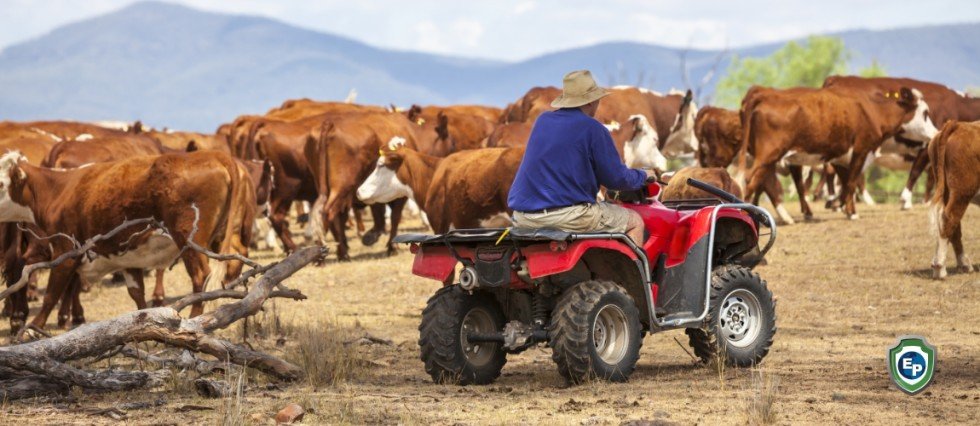
Six months after announcing an agreement in principle, the UK has finally finalized a trade deal with Australia. Amid the many, many trade talks conducted since Brexit, this is the first deal negotiated from scratch by the UK government since leaving the European Union (EU). However, not everybody sees this deal as one worth celebrating.
The Australia–UK Free Trade Agreement
The deal was signed on December 17th, 2021, and it is the UK’s first completely new deal since Brexit, as opposed to being simply “rolled over” from previous trade terms. The British government estimates it would unlock £10.4 billion ($13.91 billion) of additional trade while ending tariffs on all UK exports. The British government is also hopeful this deal will boost their chances of joining the Comprehensive and Progressive Agreement for Trans-Pacific Partnership (CPTPP).
The Australian government is also pleased with the deal. The agreement, which is Australia’s second largest trade contract with another nation, eliminates tariffs on 99% of Australian exports to the UK. It also makes it easier for Australians to live and work in the UK. The agreement will likely increase sales of Australian wine, beef, and sugar, which are three goods that have been boycotted by China—Australia’s main export market—due to political tensions. Australian Trade Minister Dan Tehan thus believes “everyone wins” with this agreement. But not everybody agrees with Tehan.
Angry Farmers and Environmentalists
British farmers have voiced concerns about being undercut due to cheaper Australian goods. Apart from decreased domestic sales, UK farmers are also concerned about a potential race to the bottom, hurting their international sales. Australia has less rigorous criteria for its farming industry, especially where livestock is concerned. If, in an attempt to lower prices to compete with Australian meat, British farmers lower their standards, this could hurt their reputation in foreign markets. This is a particular worry for Northern Irish farmers who export a lot of their meat to Ireland, an EU member.
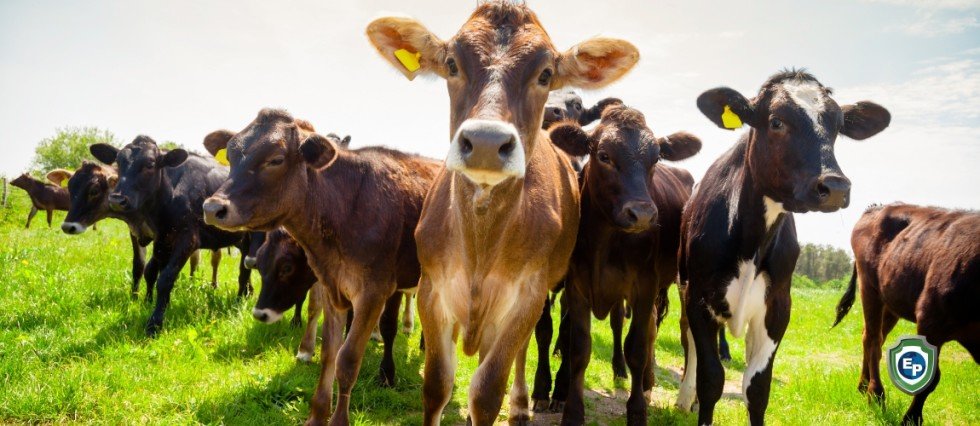
The alleged lack of standards in Australian farming has upset other groups as well. Animal rights activists dislike the deal for what they say is unethical treatment of Australian livestock. The environmental group Greenpeace has warned that Australian beef contributes to deforestation, and that flying it over to the UK carries with it a startlingly high carbon footprint.
Unhappy Union Leaders
British union leaders are also troubled by the agreement. They have argued that the deal provides no effective means of enforcing labor rights nor protections for migrant workers against exploitation. The Trades Union Congress cautions that public services are not sufficiently protected and warns that the agreement lacks safeguards on the usage of workers’ data and NHS data.
How Much Is There to Gain?
These criticisms might be palatable if the rewards are great enough, but according to the Guardian, the agreement will likely only cut prices of Australian products in UK shops by little more than a pound a year per household. Furthermore, the deal will add only 0.02% to the size of the UK economy over 15 years, by the UK government’s own admission. However, that number was later amended to be as high as 0.08%, an increase that is unlikely to silence any critics.
Learn More with Export Portal
Found this article helpful? Check our Blog Page for more!


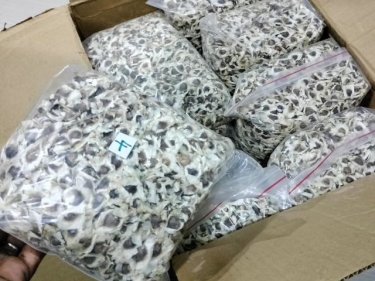

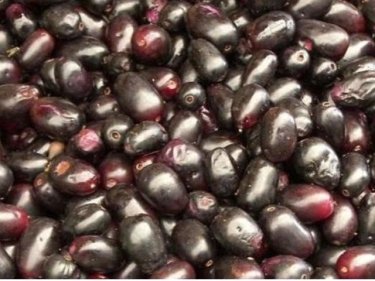
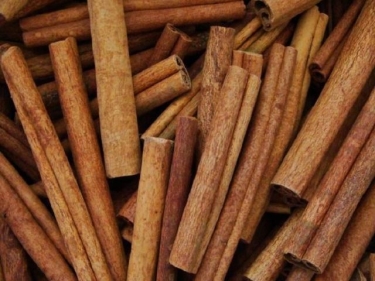


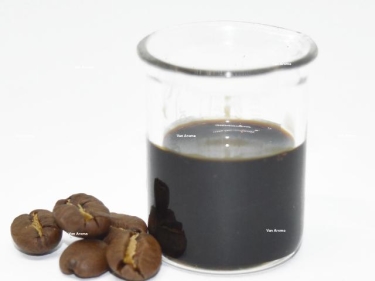
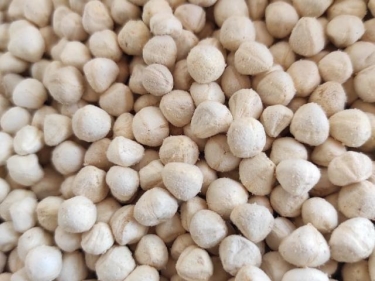








Comments 2